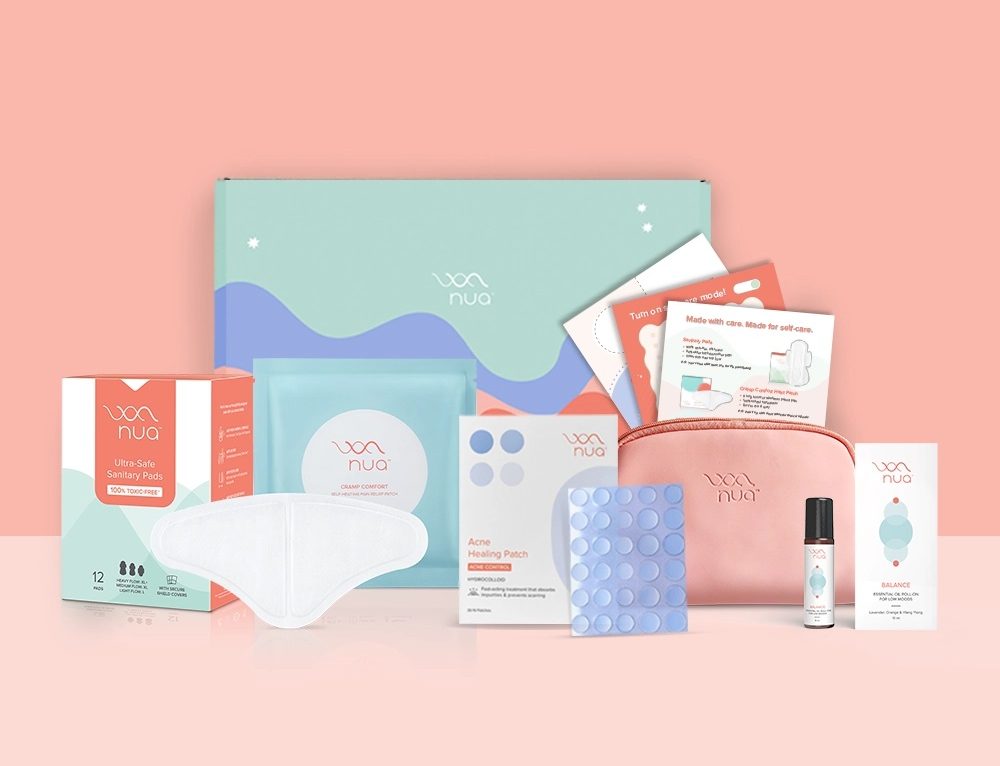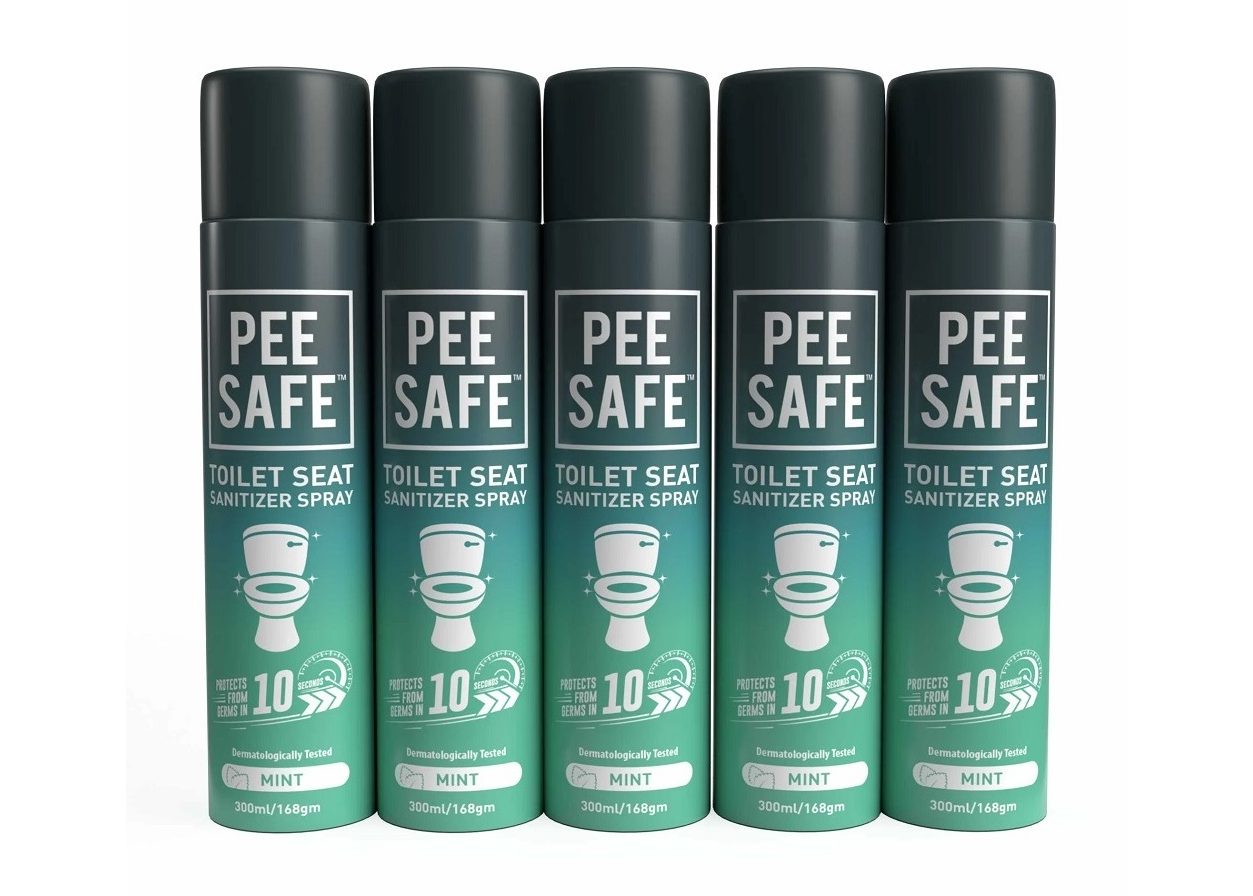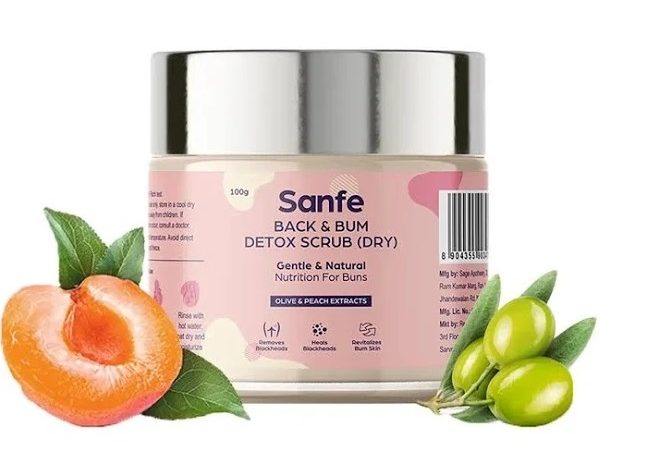These four direct-to-consumer (D2C) brands have not only made feminine hygiene their business but also their mission…
Bengaluru: Over the years, India has witnessed a positive shift in societal attitudes towards discussing menstruation and women’s hygiene, marking a departure from the age-old taboos surrounding the topic. This is thanks to the efforts of various new-age feminine hygiene brands that have taken proactive steps to create awareness.
Here we list four new age D2C feminine hygiene brands (in alphabetical order), shining a spotlight on their contributions to advancing women’s health.
Nua

Women’s wellness brand Nua was established in 2017 by Ravi Ramachandran, initially focusing on sanitary pads.
Recognizing the broader need for secure and efficient solutions in women’s wellness, the brand expanded its product line to include a self-heating patch for period pain and cramps, intimate wash, panty liners, a nutritional drink mix and a skincare range.
The brand claims to be the first brand in the country to allow customers to customise sanitary pads in three sizes and offer a subscription plan for sanitary pads.
At present, the Mumbai-based brand boasts a consumer base exceeding one million.
PeeBuddy (Sirona Hygiene)

The eco-friendly female urination device brand PeeBuddy was established in 2014 by Deep Bajaj.
During a road trip with his friends, women searched relentlessly for a clean toilet, but only 1 in 5 met the hygiene standards. One of the ladies reflected on the fact that in Europe, a plastic device is used to stand and urinate in dirty toilets and thus, PeeBuddy was born.
Soon, he also started identifying other unaddressed hygiene problems faced by women and started the feminine hygiene brand Sirona. It offers a product range of various categories including period care, travel hygiene, intimate/sexual care, and pregnancy care.
The company has sold over 30 lakh PeeBuddy’s urination funnels and more than 10 lakh menstrual cups. Its products are available at various multi-brand stores and online portals like Flipkart, Snapdeal, Amazon and eBay.
Pee Safe

Feminine hygiene brand Pee Safe was founded in 2013 by husband-wife duo Vikas Bagaria and Srijana Bagaria. The brand commenced with a solitary product ‘toilet seat sanitiser spray’ that has proven to be a lifesaver for women when using public toilets.
Over the years, the company has expanded its product line to include over 25 offerings including feminine hygiene (pads, tampons, cups), men’s intimate hygiene and female grooming (Furr), Sexual Wellness (Domina), hand hygiene (Palm Safe) and face mask and mist (Pollution Safe).
Today, Pee Safe retails through over 15,000 physical retail stores across more than 70 cities in India and exports to 20 countries on five continents. It also maintains a strong online presence on major e-commerce platforms, in addition to its website.
Pee Safe says it has served over six million customers, including more than 700,000 registered customers on its website.
Sanfe

Feminine intimate hygiene and skincare brand Sanfe was founded in 2018 by IIT Delhi graduates Archit Aggarwal and Harry Sehrawat.
The New Delhi-based startup’s product portfolio includes intimate wash, intimate wipes, panty liners, organic sanitary pads, pain relief roll-on, and menstrual cups. In 2022, the brand entered the personal care segment with the launch of 25 new products for facial skin care and hair care.
The company retails its product through its dedicated e-commerce store as well as on multi-brand platforms including Myntra, Nykaa, and Snapdeal, among others. It has a community of over five million users, with over 25% month-on-month growth as of 2022, according to Entrepreneur India.


